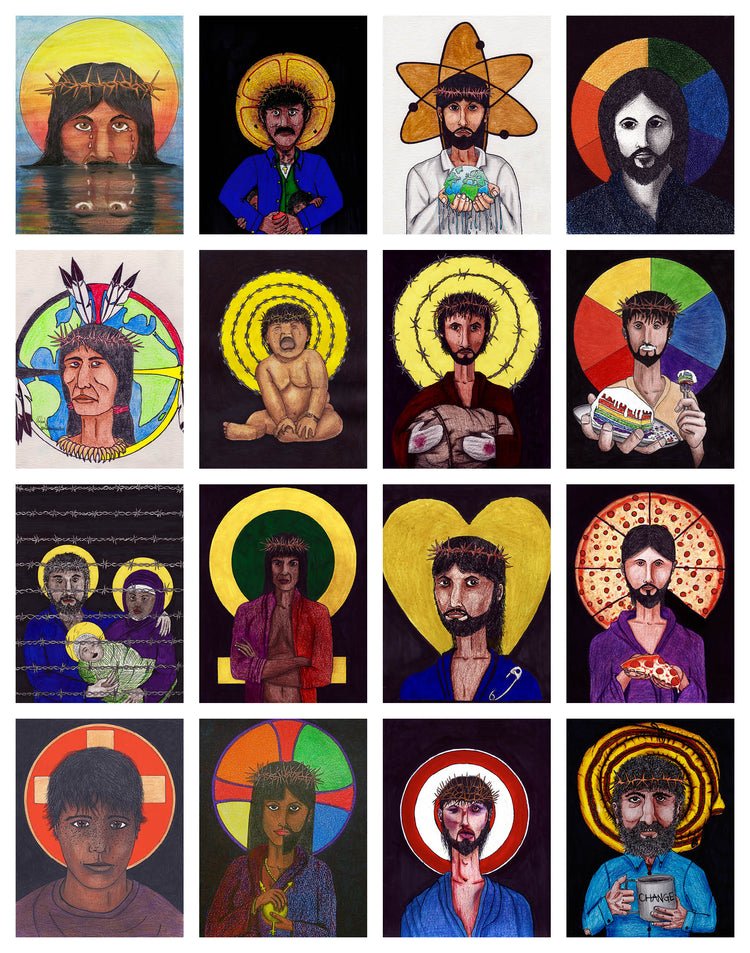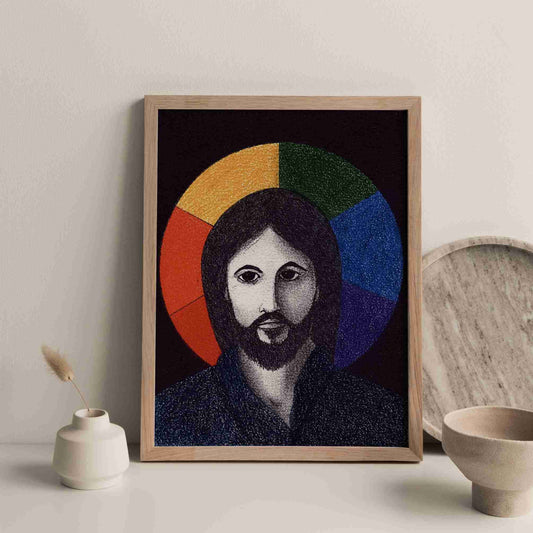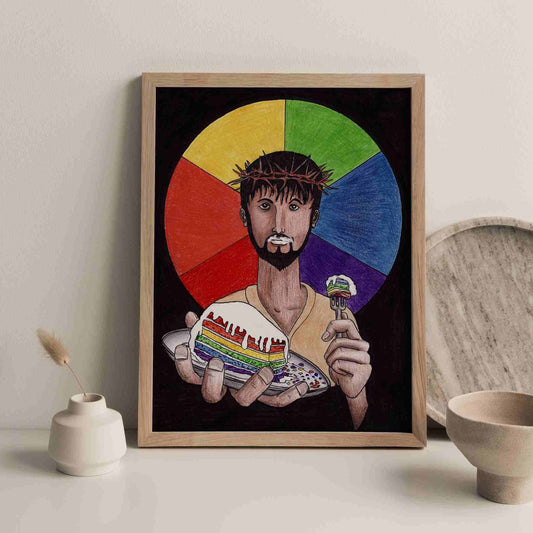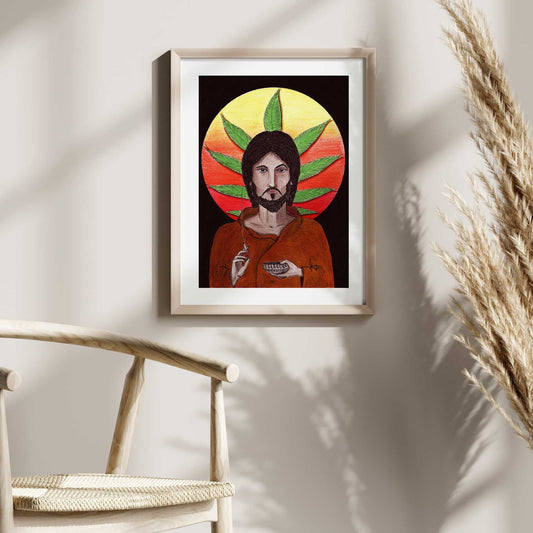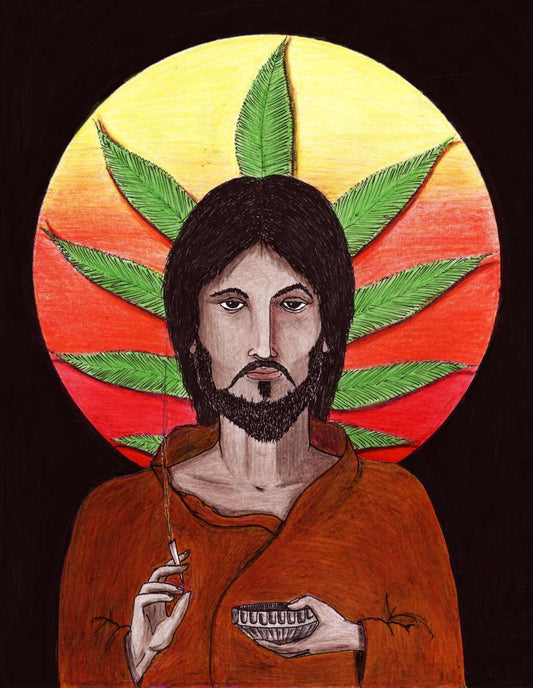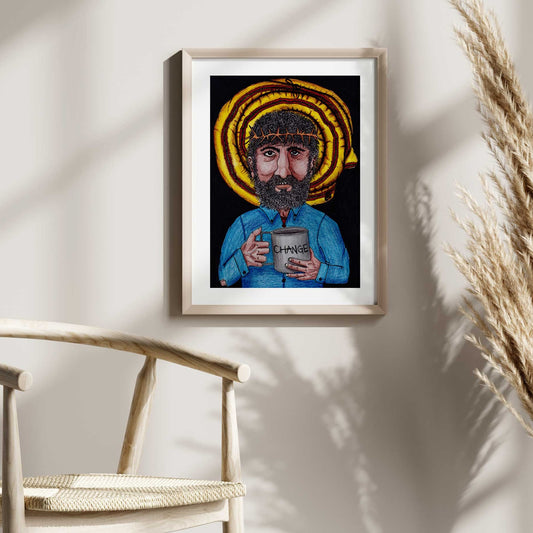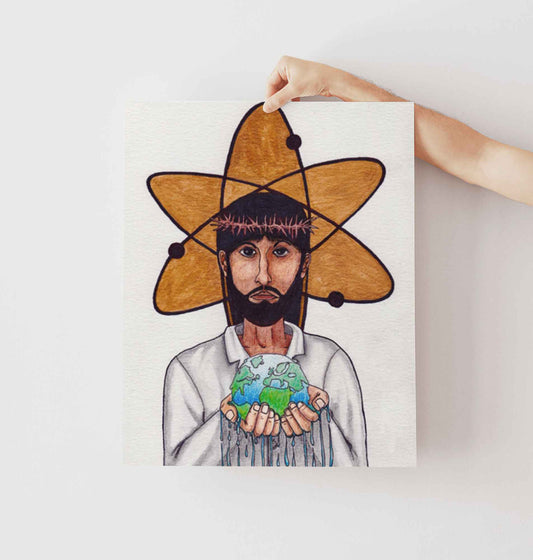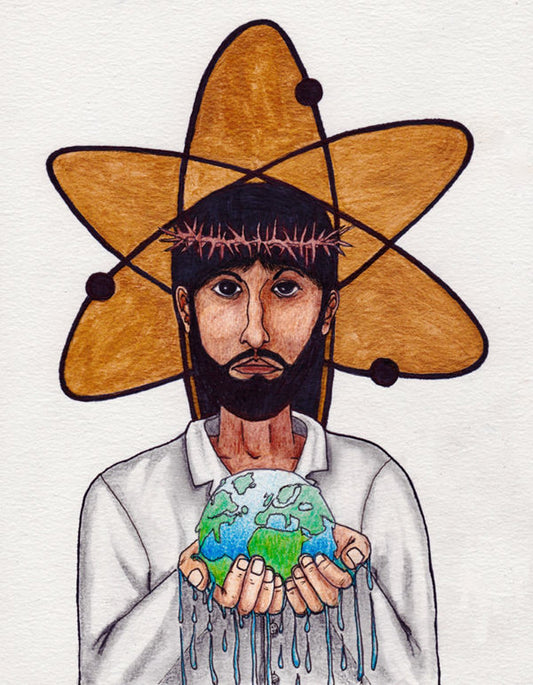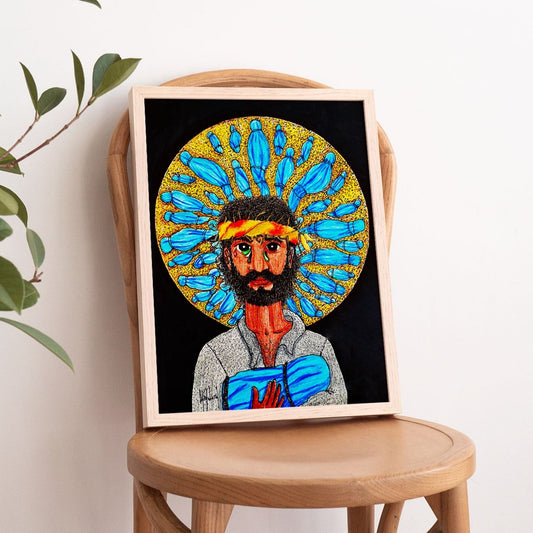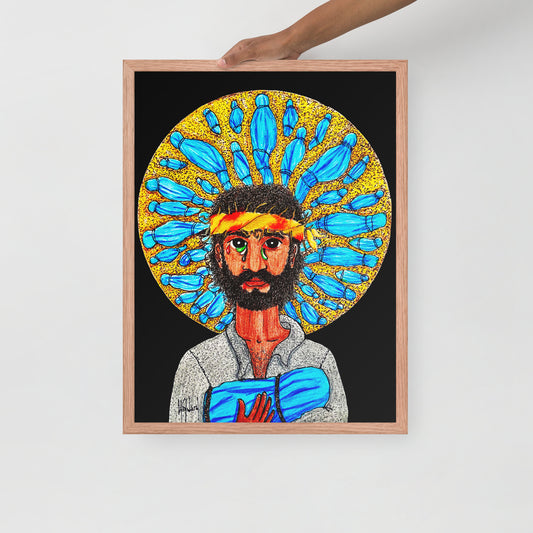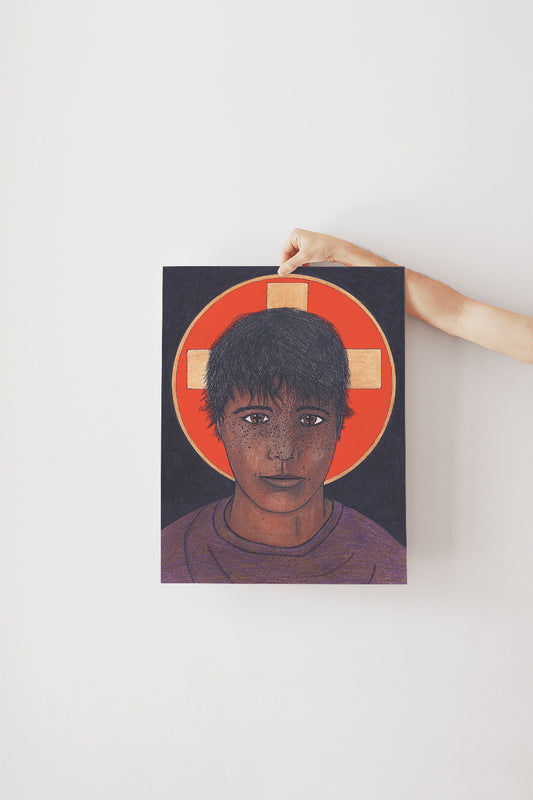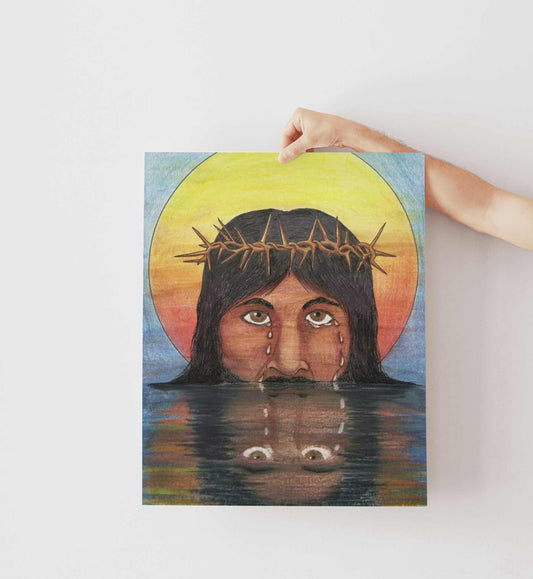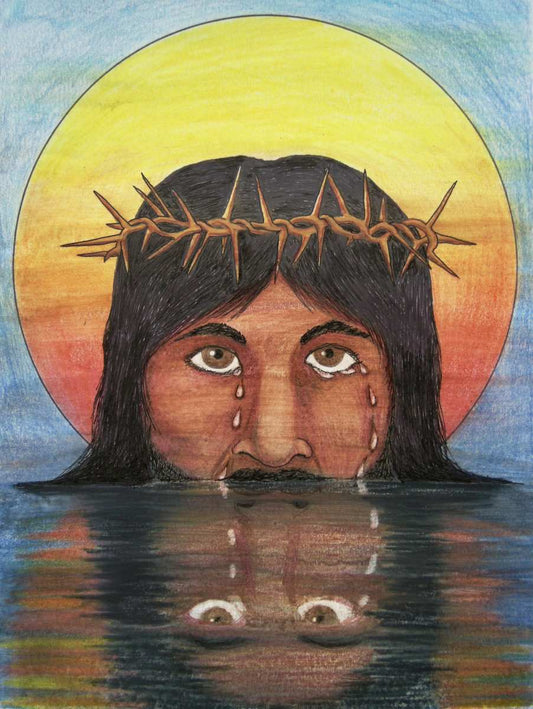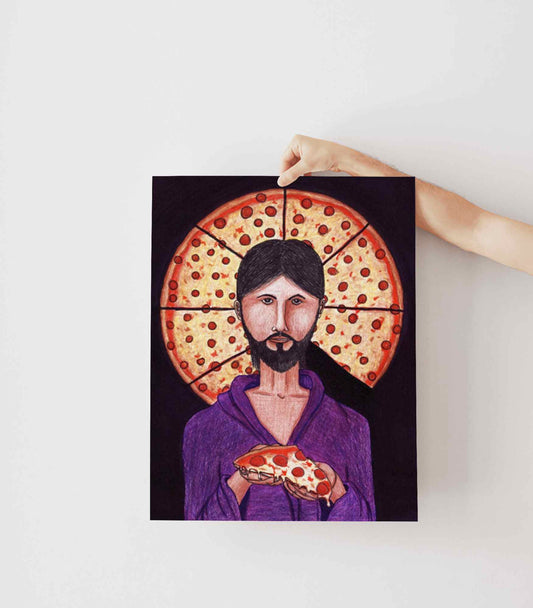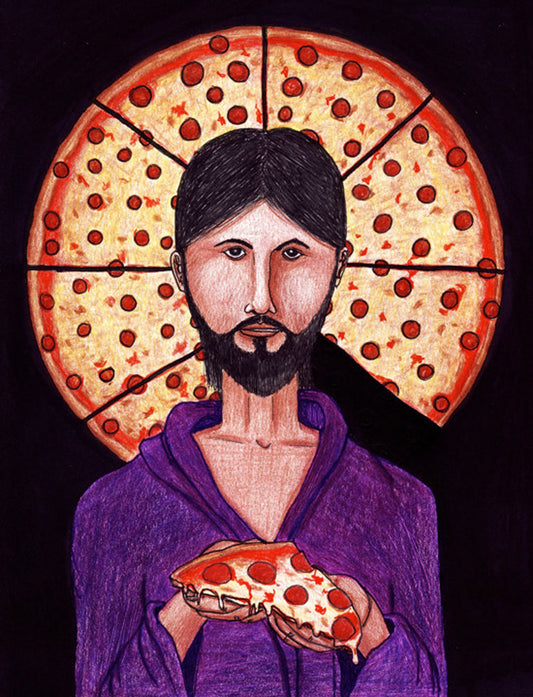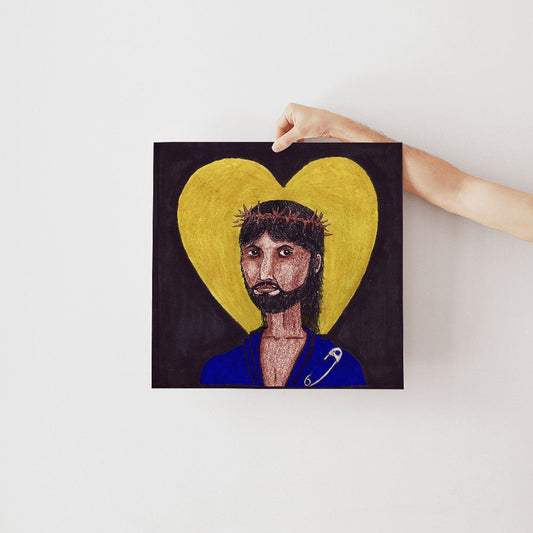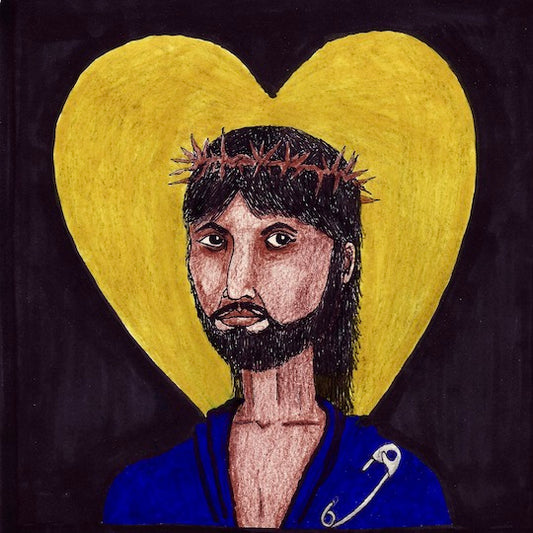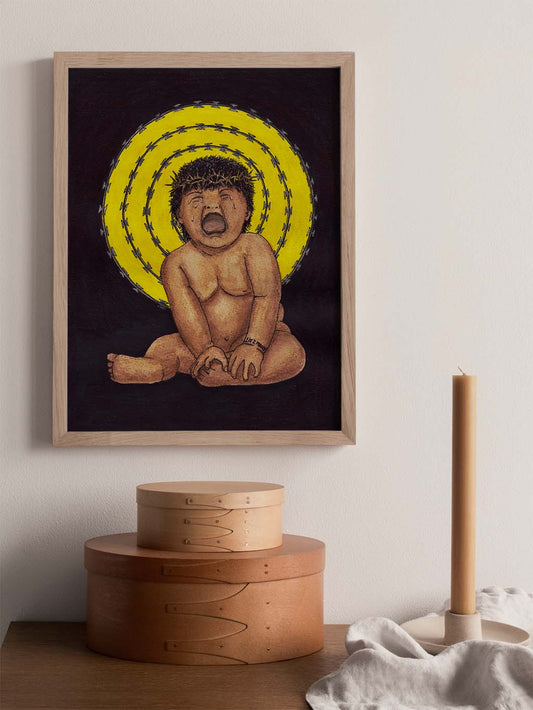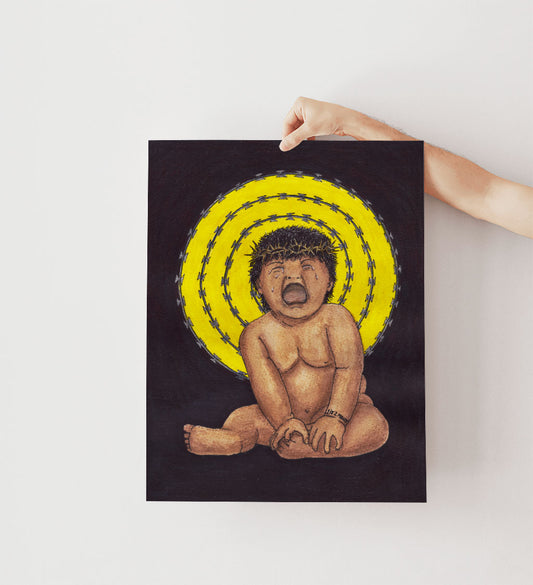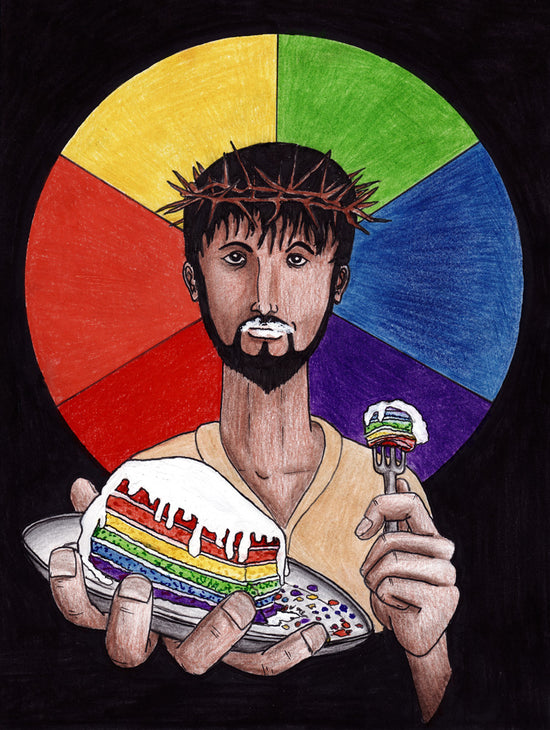-

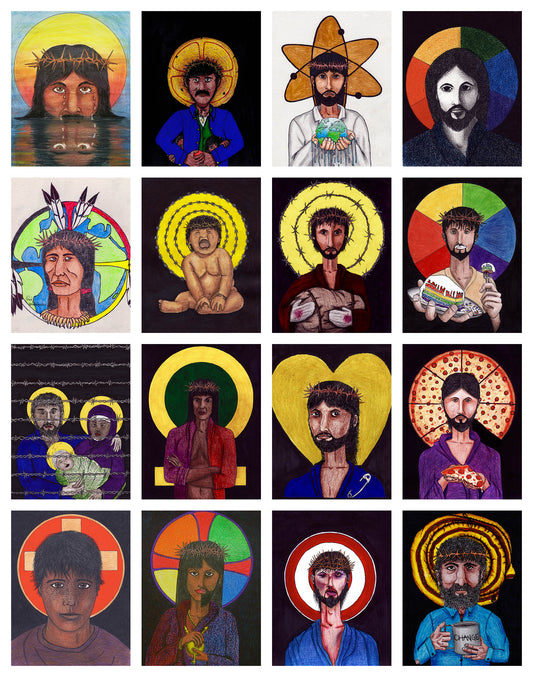 Available Framed
Available FramedChrist Collage Print
Regular price From $39.00 USDRegular priceUnit price per -
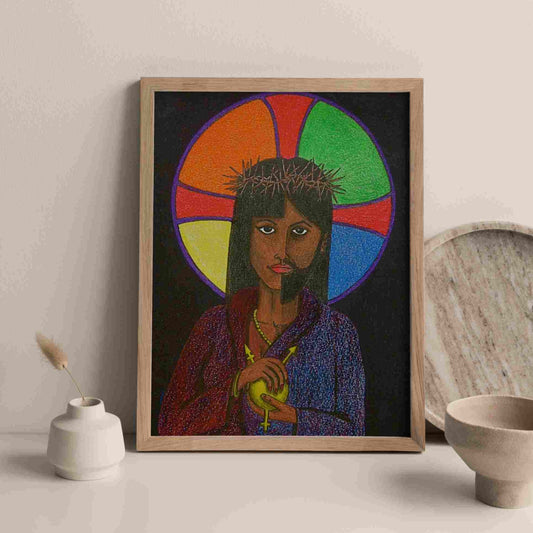
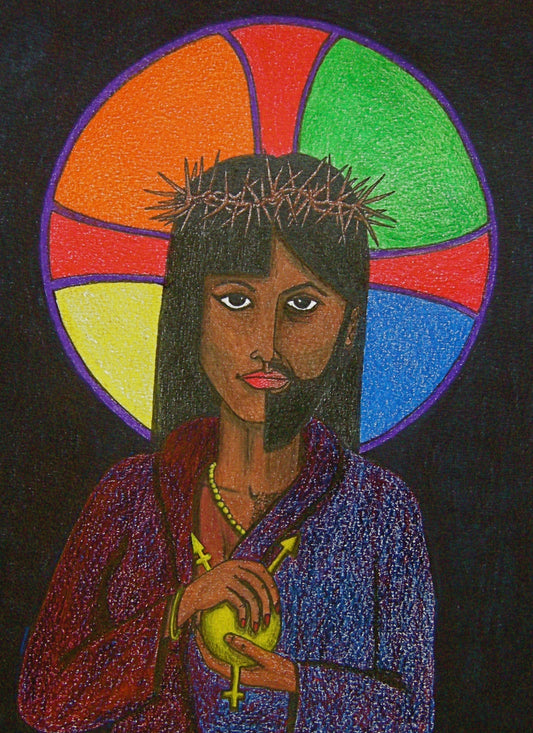 Available Framed
Available FramedNeither Image of Christ Print
Regular price From $39.00 USDRegular priceUnit price per -
Includer Image of Christ Print
Regular price From $39.00 USDRegular priceUnit price per -
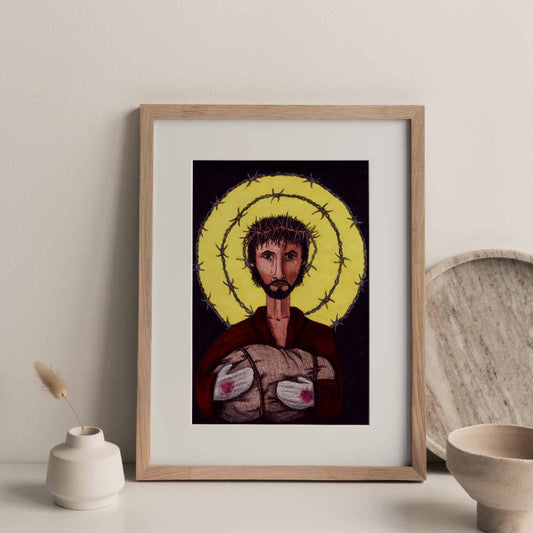
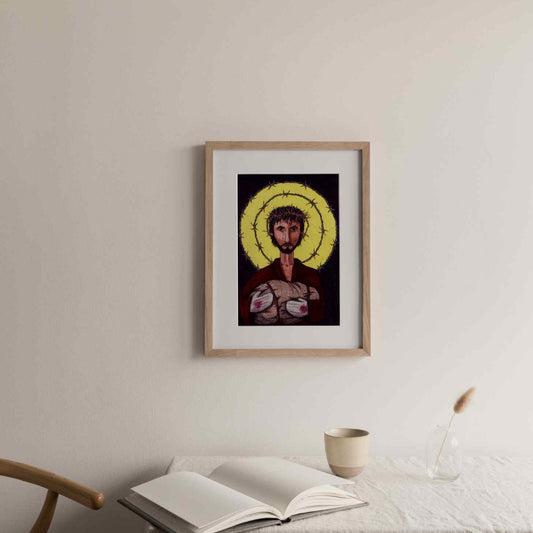 Available Framed
Available FramedRefuJesus Image of Christ Print
Regular price From $39.00 USDRegular priceUnit price per -
Let Them Eat Cake Jesus Print
Regular price From $39.00 USDRegular priceUnit price per -
Jesus Higher Print
Regular price From $39.00 USDRegular priceUnit price per -
Change Image of Christ Print
Regular price From $39.00 USDRegular priceUnit price per -
Science and Wonders Images of Christ Print
Regular price From $34.00 USDRegular priceUnit price per -
Gaze Image of Christ Print
Regular price From $39.00 USDRegular priceUnit price per -
Questioner Image of Christ Print
Regular price From $39.00 USDRegular priceUnit price per -
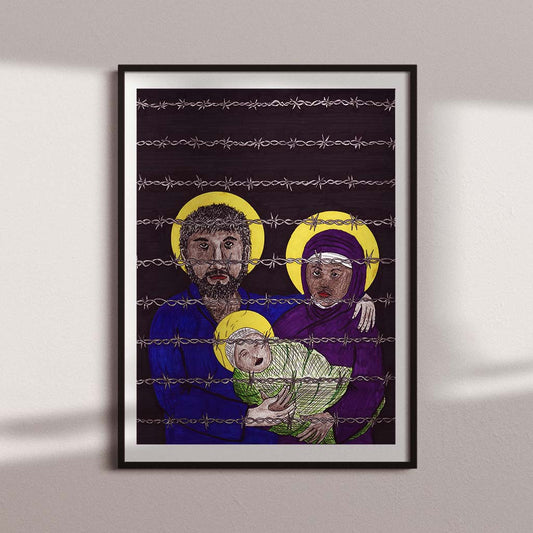
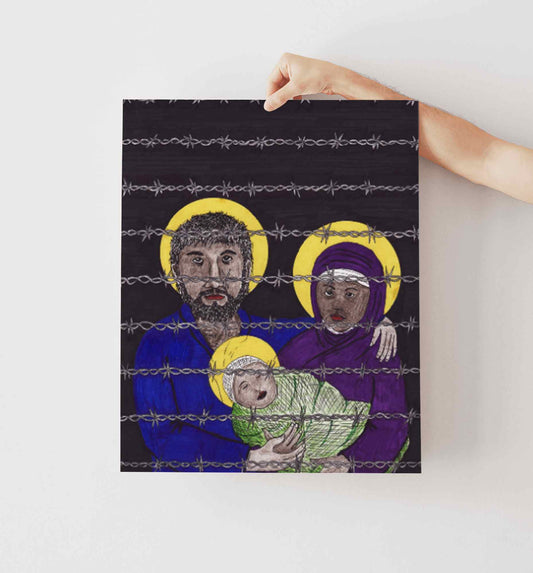 Available Framed
Available FramedThe Holy Family Print
Regular price From $39.00 USDRegular priceUnit price per -
Jesus Cries Print
Regular price From $39.00 USDRegular priceUnit price per -
The Pizza Christ Image of Christ Print
Regular price From $39.00 USDRegular priceUnit price per -
Images of Christ Jesus "Safety" Print
Regular price From $39.00 USDRegular priceUnit price per -
Border Baby Print
Regular price From $39.00 USDRegular priceUnit price per
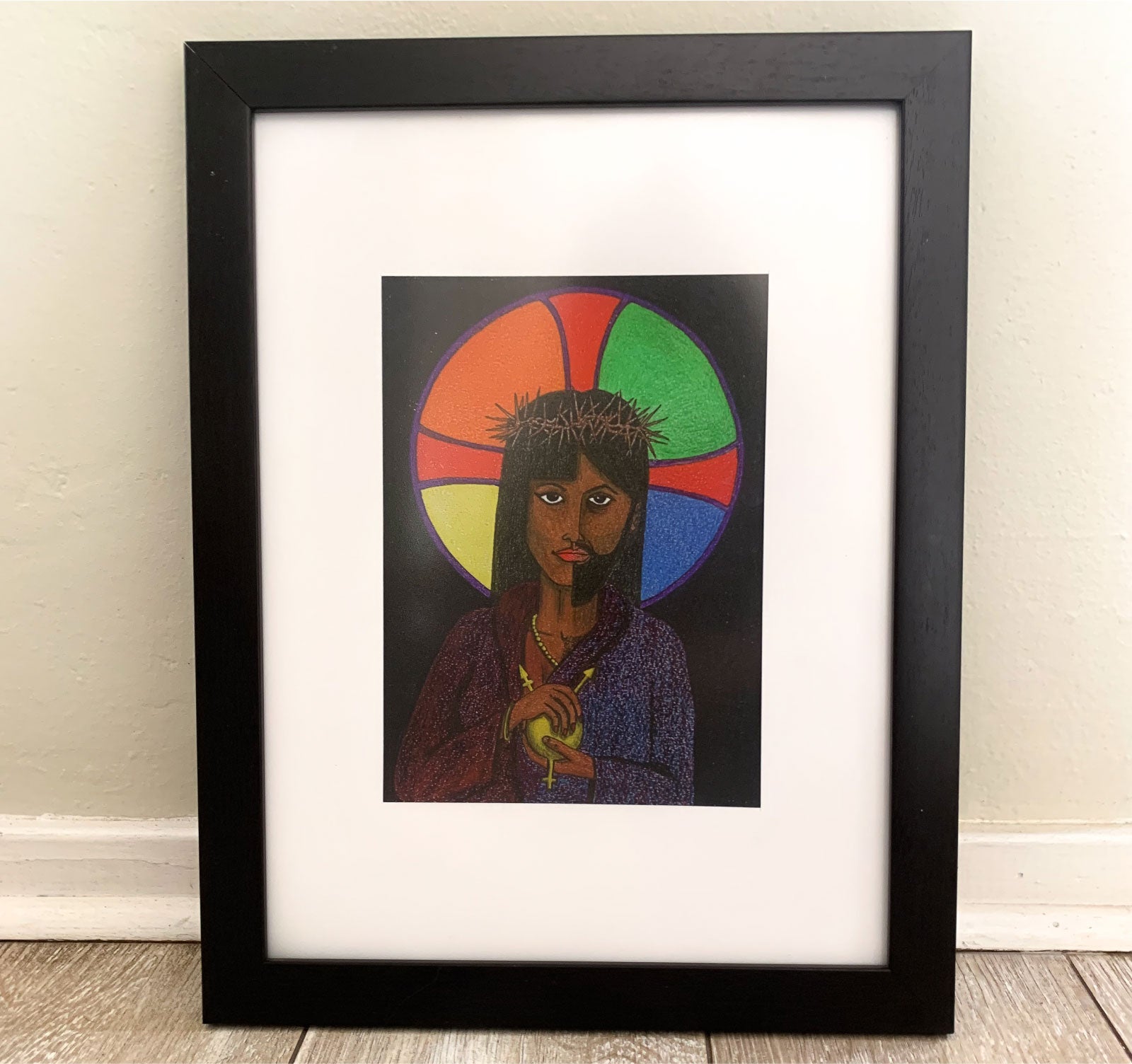
IMAGES OF CHRIST PRINTS
CELEBRATE DIVERSITY, EMPATHY & INCLUSION
SHIPPED WORLDWIDE
MUSEUM QUALITY PAPER
FREE SHIPPING GLOBALLY ON ORDERS OVER $70
SHIPPED WORLDWIDE
MUSEUM QUALITY PAPER
FREE SHIPPING GLOBALLY ON ORDERS OVER $70
SHIPPED WORLDWIDE
MUSEUM QUALITY PAPER
FREE SHIPPING GLOBALLY ON ORDERS OVER $70
SHIPPED WORLDWIDE
MUSEUM QUALITY PAPER
FREE SHIPPING GLOBALLY ON ORDERS OVER $70
SHIPPED WORLDWIDE
MUSEUM QUALITY PAPER
FREE SHIPPING GLOBALLY ON ORDERS OVER $70
SHIPPED WORLDWIDE
MUSEUM QUALITY PAPER
FREE SHIPPING GLOBALLY ON ORDERS OVER $70
SHIPPED WORLDWIDE
MUSEUM QUALITY PAPER
FREE SHIPPING GLOBALLY ON ORDERS OVER $70
SHIPPED WORLDWIDE
MUSEUM QUALITY PAPER
FREE SHIPPING GLOBALLY ON ORDERS OVER $70
EACH WEEK, 14,000+ PEOPLE READ MY NEWSLETTER.
It's a weekly email about deconstruction, freedom, and life in general.

